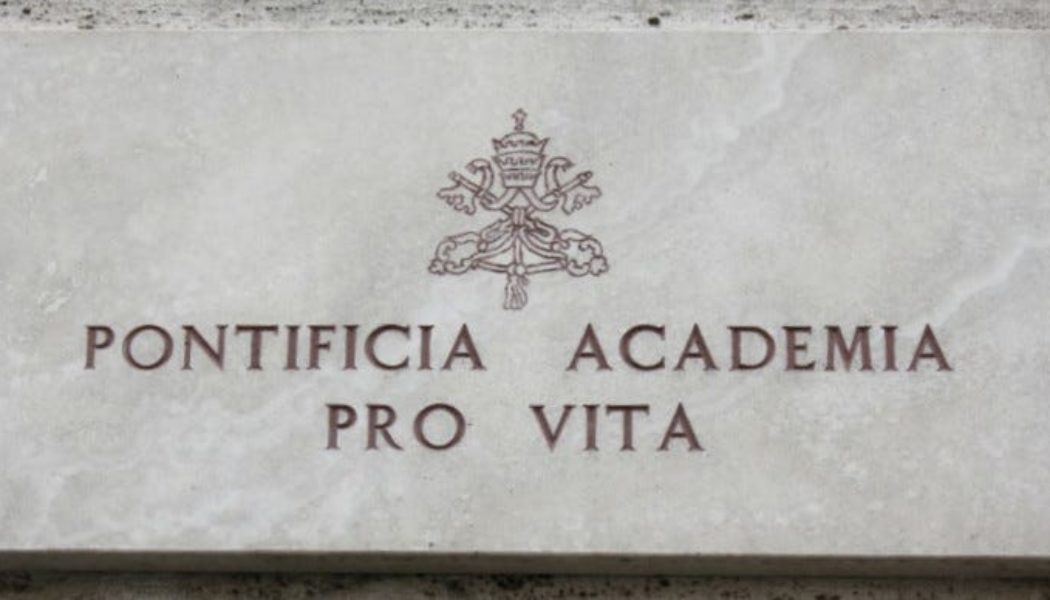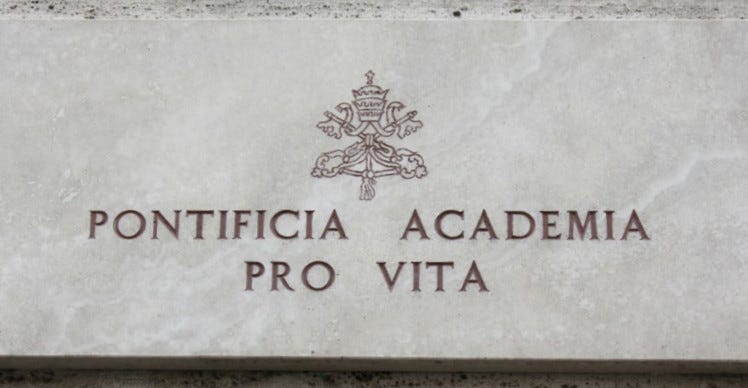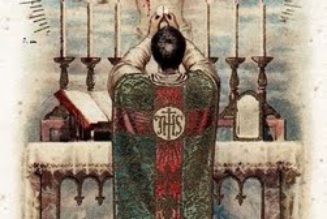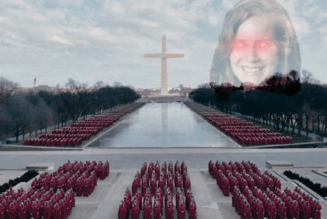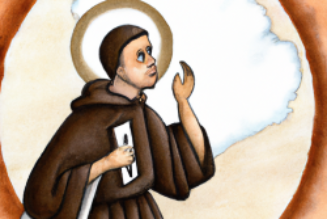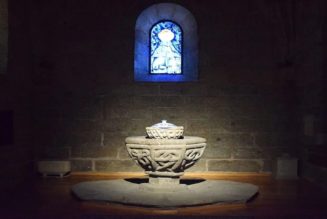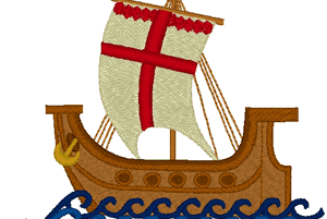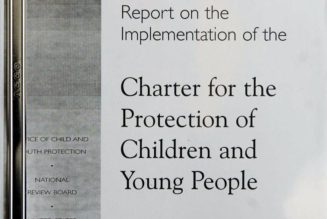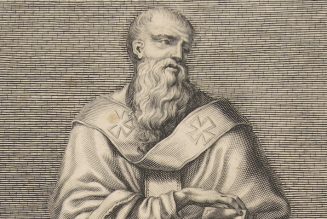The Pontifical Academy for Life has been at the center of controversy in recent weeks, as ethicists and moral theologians criticize a newly-published text on moral questions concerning end-of-life healthcare.
According to Pontifical Academy for Life officials, The “Little Lexicon on the End-of-Life,” published last month in Italian, was meant to clarify terminology and concepts regarding ethical decision for people facing terminal illnesses or ongoing conditions of brain injury or disability.
Such conditions ar referred to by the academy as “vegetative states” — but while that term is apparently still favored at the academy, it has fallen out of favor among most medical practitioners, especially as new research shows a capacity for thought among some such people.
In any case, a suggestion in the “Little Lexicon” has prompted controversy, not clarity — namely, the “Little Lexicon’s” argument that providing food and water to people in such conditions might be considered an “aggressive” or “extraordinary” treatment, and therefore withheld.
Catholic theologians are pushing back on the text — arguing that it is at odds with the Church’s doctrine.
But in addition to its substance, there are procedural questions about how the “Little Lexicon” came to be — and about what exactly the Pontifical Academy for Life has become.
—
The Pontifical Academy for Life was founded by Pope St. John Paul II as a kind of Vatican-backed center focused on promoting Catholic teaching on the dignity of human life, through the engagement of theologians, ethicists, and other experts who would study and provide “information [and] formation” on social problems relative to the “promotion and defense of life.”
Founded with pro-life French researcher Dr. Jerome Lejeune at its head, the academy functioned in its early years like a kind of pro-life think tank, organizing conferences, publishing guidance on moral issues, and seeing members use their papally-conferred platforms to give lectures and workshops on Catholic doctrine and biomedical issues.
But in 2016, Pope Francis overhauled the body, calling for a much broader mission, building towards “a view to an authentic ‘human ecology,’ which may help to recover the original balance of Creation between the human person and the entire universe.”
At the same time, Pope Francis did away with lifetime terms for members, removed a requirement that members commit themselves to defending life in accord with Catholic doctrine, and appointed Archbishop Vincenzo Paglia as president of the pontifical academy.
Since then, the organization has been embroiled in several controversies, regarding publications, and statements from some members, which seem to challenge Catholic doctrine on sexuality and bioethics.
Notable among those controversies was a 2022 dispute over a book from the academy called “Theological Ethics of Life,” which critics said challenged the Church’s doctrine regarding contraception and in vitro fertilization, while it aimed to “introduce a paradigm shift,” according to Paglia, in the Church’s theological discussion of sex and contraception.
As that book caused controversy, a member of the Pontifical Academy for Life argued — in an interview with the academy’s own media spokesperson — that the Church’s teaching in Humanae vitae is “reformable,” while calling for the Church’s to change its criteria for morally evaluating the use of artificial contraception.
Amid publications and statements like that, perception among many Catholics of the pontifical academy has changed dramatically in recent years. Where it once seemed to be the face of Pope St. John Paul II’s efforts to foster a “culture of life,” the academy now seems to many Catholics to be an embarrassing bastion of warmed-over and heterodox ethical arguments.
But some members of the Pontifical Academy for Life tell The Pillar that’s not their fault.
And Vatican sources have told The Pillar that many members of the academy, appointed by Pope Francis in 2016, have never actually been consulted about the academy’s operations and publications during the tenure of their membership, or even kept informed.
In practice, sources say, the actual membership of the body — consisting mostly of academics around the world — is not consulted on the documents and statements published by its central office, including the now-controversial “Little Lexicon.”
Instead of engaging with its membership, they say, academy officials have gotten in the habit of appointing “study groups” to work on particular documents, leaving many members functionally uninvolved — and uninformed — about what the academy will publish.
And sources say that academy meetings are also planned by the central office, with many of them focused on AI, robots, or other technological questions, even while some members push for discussion at annual meetings on bioethical issues related to abortion, euthanasia, embryonic research, surrogacy, and similar direct threats against human life and dignity.
“The meeting topics are irrelevant” one source told The Pillar, both to the mission of the academy, and to emerging bioethical challenges faced by Catholic researchers, hospitals, and even parish priests.
“So who are they helping?” one source close to the academy asked. “How is all of this stuff serving the Church?”
With the academy’s members seemingly isolated from its agenda and activity, some sources have said the academy functions really as a kind of think tank nullius —it has the structure of a collegial body, even while central office staff — largely selected by Paglia — actually set the narrative for the organization.
Some sources pointed to Fr. Andrea Ciucci, a priest of Milan, and the organization’s coordinating secretary, as largely responsible for both coordinating problematic texts, and for pushing meetings and resources towards discussion of AI and similar technologies, rather than other bioethical issues.
Ciucci, the author of several cookbooks, is “the leading man on Paglia’s team,” according to one source close to the academy.
The priest is “not an intellectual,” a source close to the academy said, “but an ideologically driven man with managerial capacities and Paglia’s full confidence.”
Alongside Ciucci is Msgr. Pierangelo Sequeri, former president of Rome’s revamped John Paul II Pontifical Theological Institute for Marriage and Family Sciences, which once focused on JPII’s theology of the body, and has been retooled with a focus on sociology.
According to sources, Ciucci and Sequeri, with support from Paglia, are largely seen to constitute the whole of decision-making for the Pontifical Academy for Life.
According to one Vatican source, “that leaves it less an academy — a faculty of scholars — than a platform for them to put the Vatican’s banner on their ideas.”
Paglia, several sources say, is largely permissive of the efforts of that group, often with little interest in the details.
Of course, the academy has, in recent years, pushed back on criticism that it is insufficiently consultative — with communications director Fabrizio Mastrofini taking an unusual and aggressive stance on social media against any critics of the academy. In some cases, Mastrofini’s twitter polemics seem as likely to shape PAV policy — and public perception of the academy — as anything else.
But amid that pushback, the most recent controversy is sure to stoke a new round of questions about the academy. Among them is this: Is the Pontifical Academy for Life really a global Catholic think tank at all, or has the “academy” become just three guys in a Vatican-issued trenchcoat?
Editor’s note: This analysis initially indicated that Msgr. Pierangelo Sequeri was presently president of the Pontifical John Paul II Institute. In fact, his term as president concluded in 2021.
Comments 21
Services Marketplace – Listings, Bookings & Reviews
